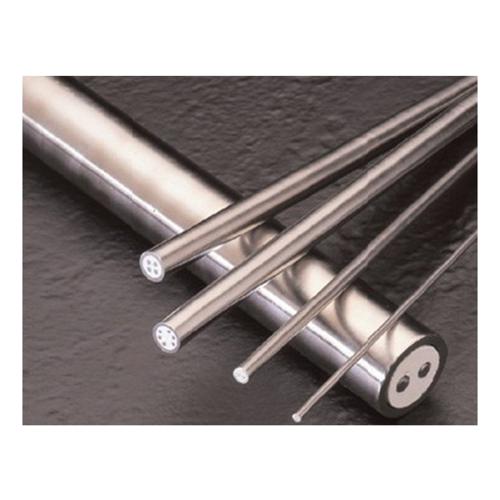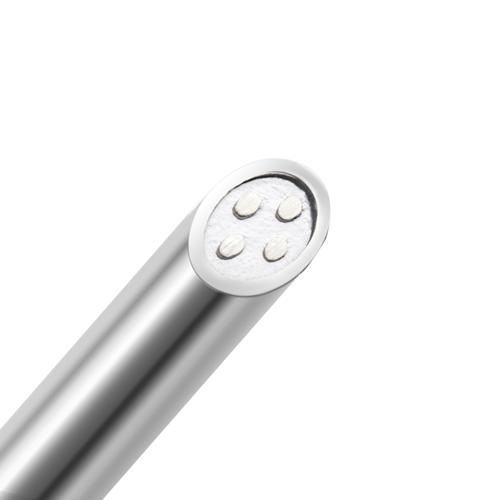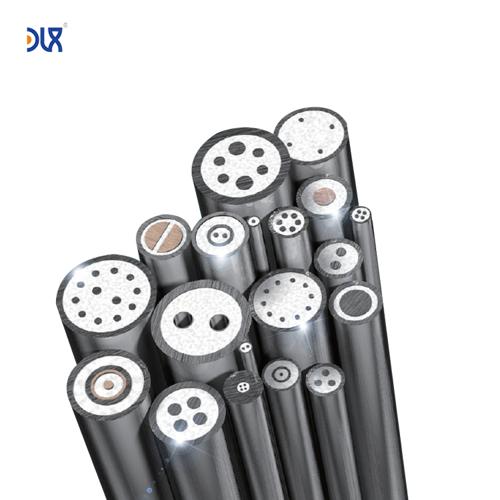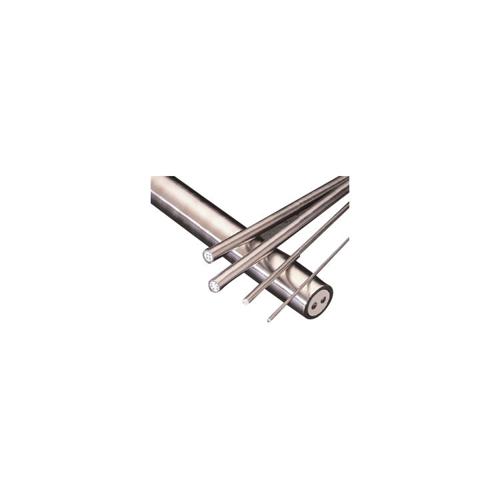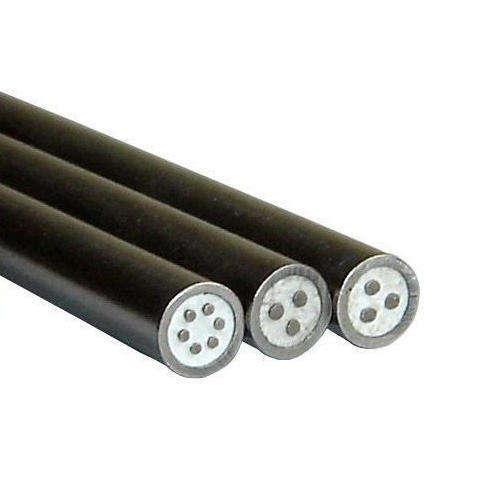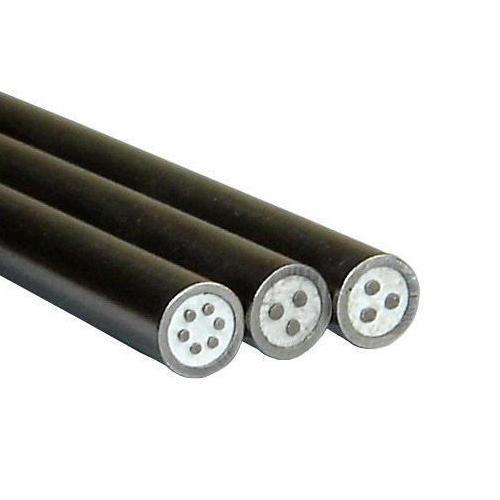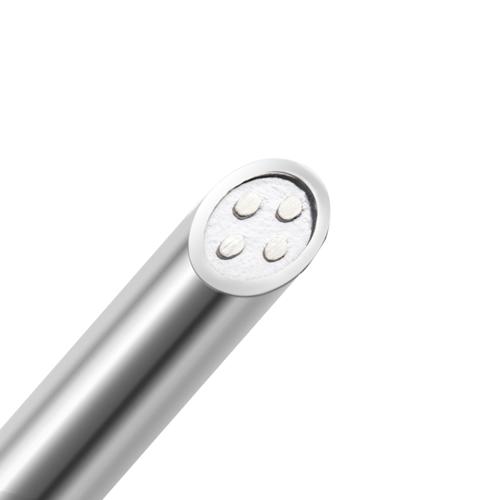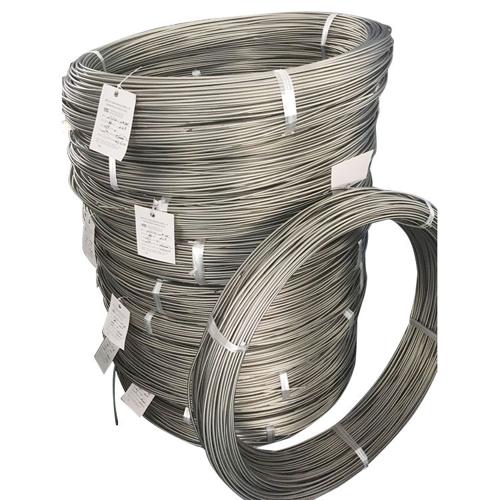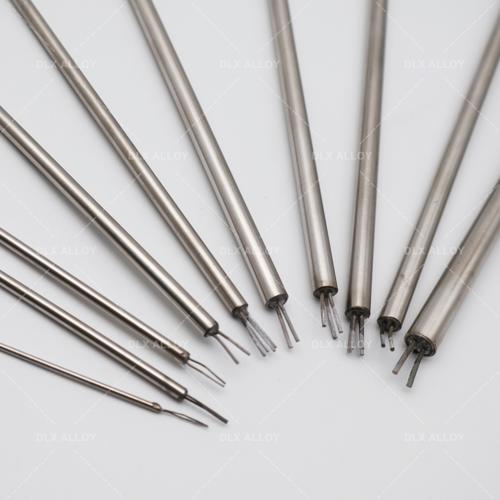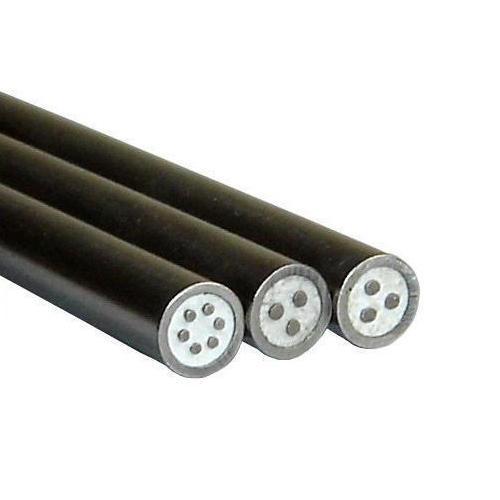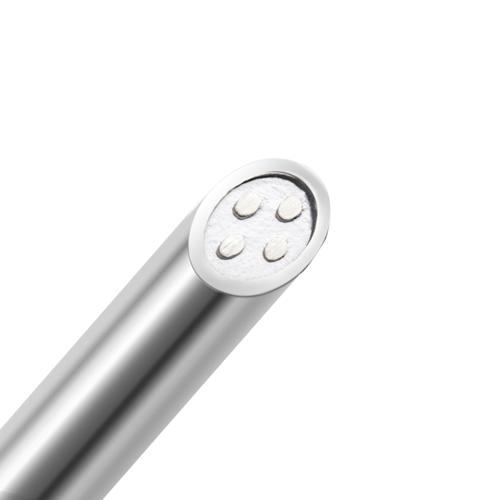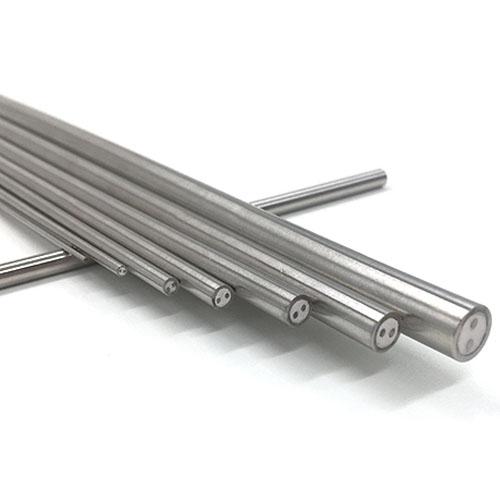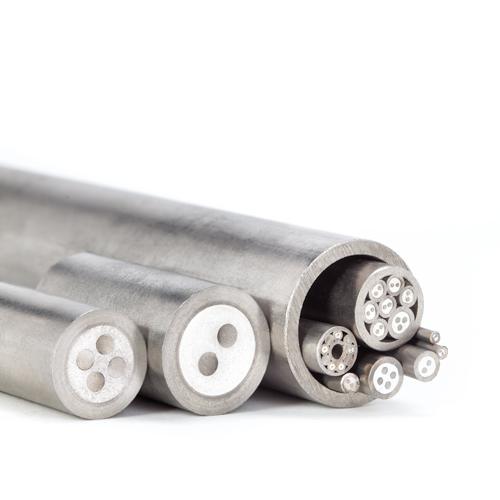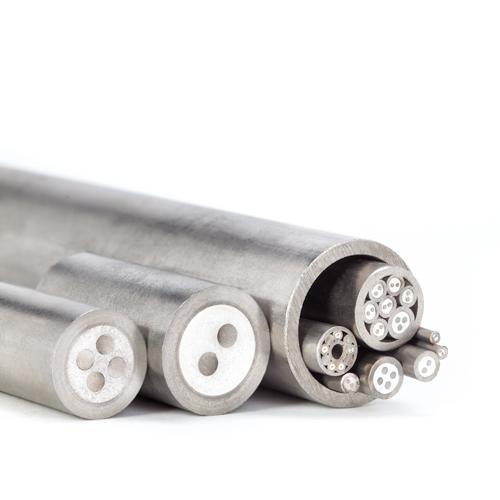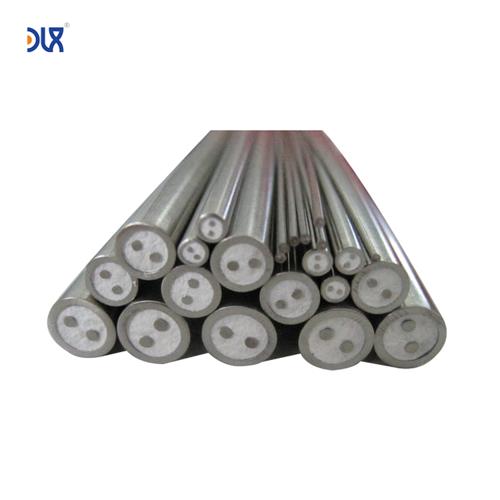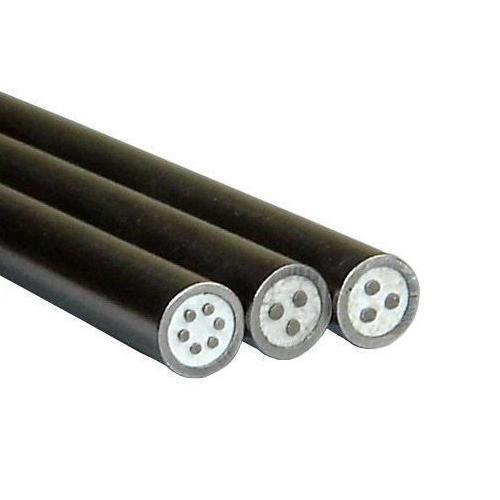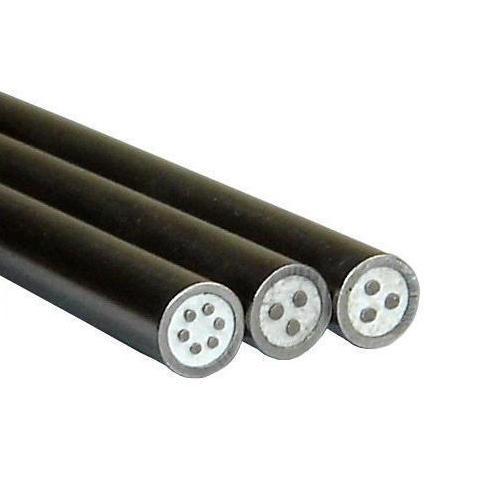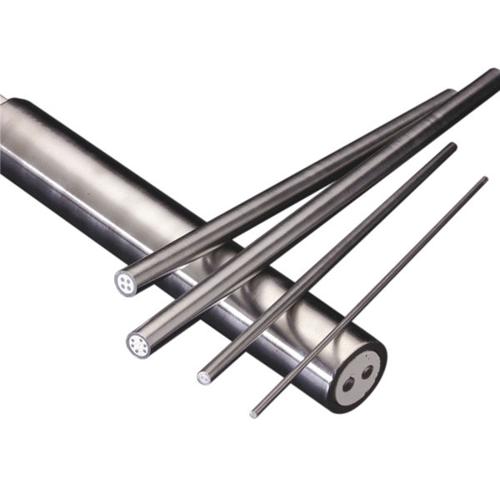Mineral insulated cable
Thermocouple insulated cable is a temperature measurement tool, which directly measures the temperature and converts the temperature signal into a thermoelectric potential signal, which is converted into the temperature of the measured medium by an electrical instrument. This cable usually consists of a thermal electrode, an insulating jacket, a protective tube and a junction box, and is often used in conjunction with display instruments, recording instruments and electronic regulators. Trends in the development and innovation of thermocouple insulated cables include improved accuracy, faster response time, and enhanced immunity to interference to meet the demands for temperature measurement in industry. As new materials and technologies continue to emerge, the performance and longevity of thermocouple insulated cables will be further enhanced.
Armored thermocouple cable, also known as inorganic insulated thermocouple cable or armored wire, is a solid whole made of a combination of stainless steel protection tube, magnesium oxide insulating powder, and thermocouple wire material compacted by mold. It has the advantages of pressure resistance, vibration resistance, flexibility, miniaturization, fast thermal response time, etc. It is the core material for manufacturing armored thermocouples. Qualified armored thermocouple cable needs to be fully drained of moisture in a constant temperature box above 200℃ before leaving the factory, and both ends are sealed with epoxy resin to ensure the insulation resistance of the cable.
Cable thermocouple, alias armored thermocouple, is a combination of thermal electrode, insulating material together with the protective tube pulled into shape, after welding sealing and assembly and other processes. This construction allows the cable thermocouple to be characterized by miniaturization and fast thermal response .
Perfluoro plastic insulated compensation cables, such as polyperfluoroethylene propylene insulated compensation cables, have excellent heat resistance, resistance to chemical media, flame retardancy, low smoke, and excellent electrical properties. It is an ideal material for many high-temperature cables. The use of these materials extends the range and performance of thermocouple insulated cables.

